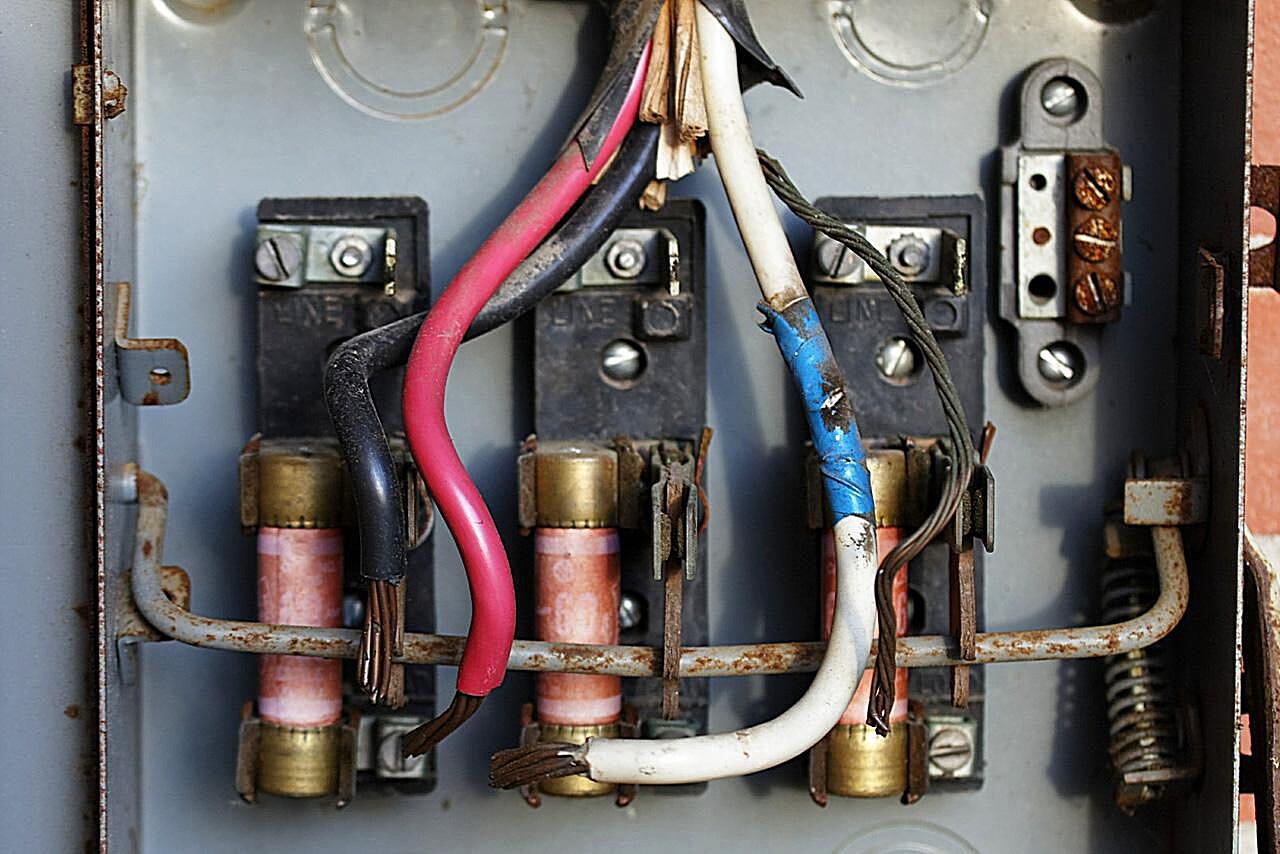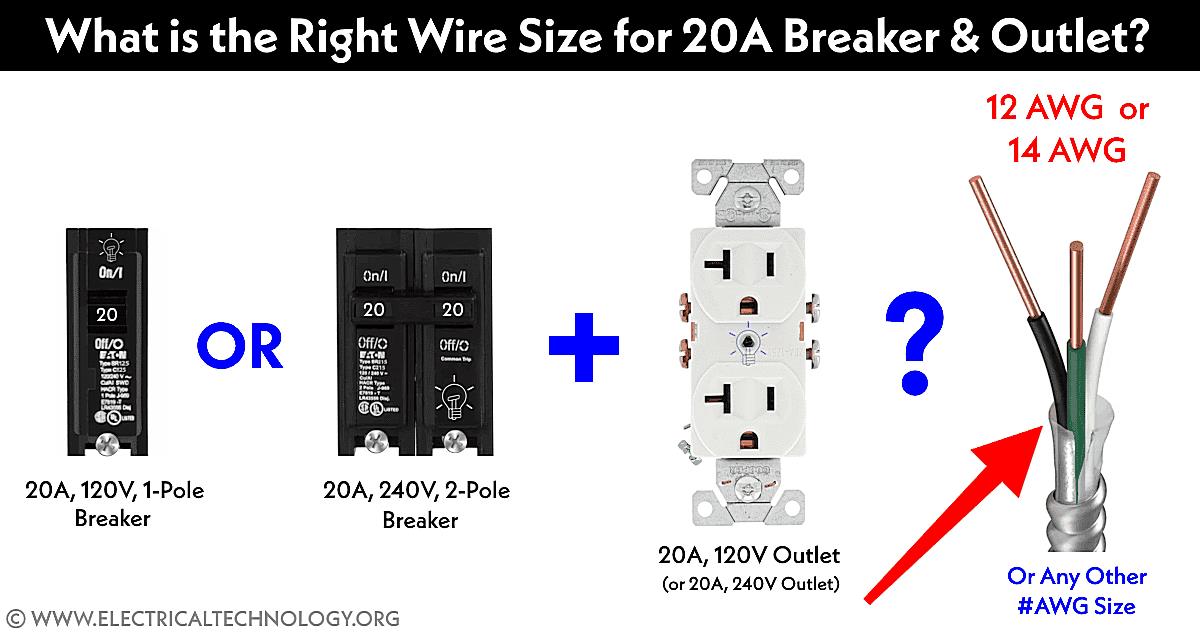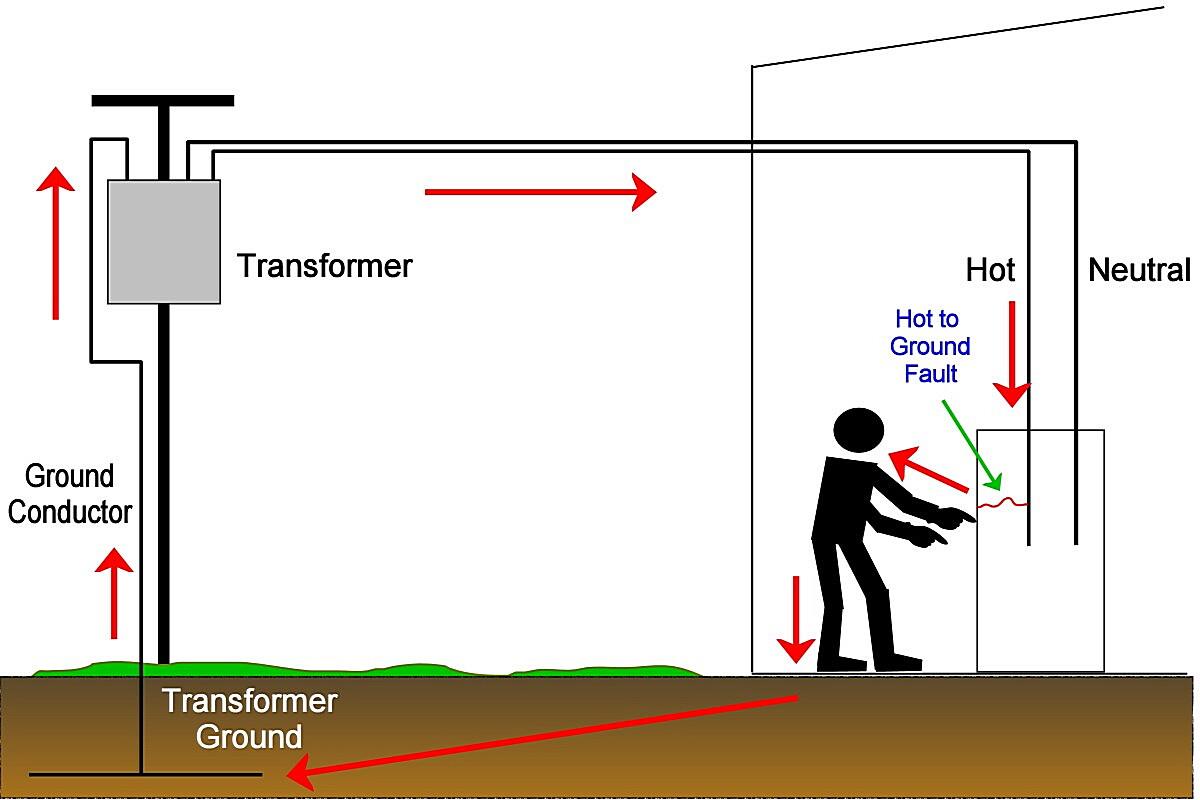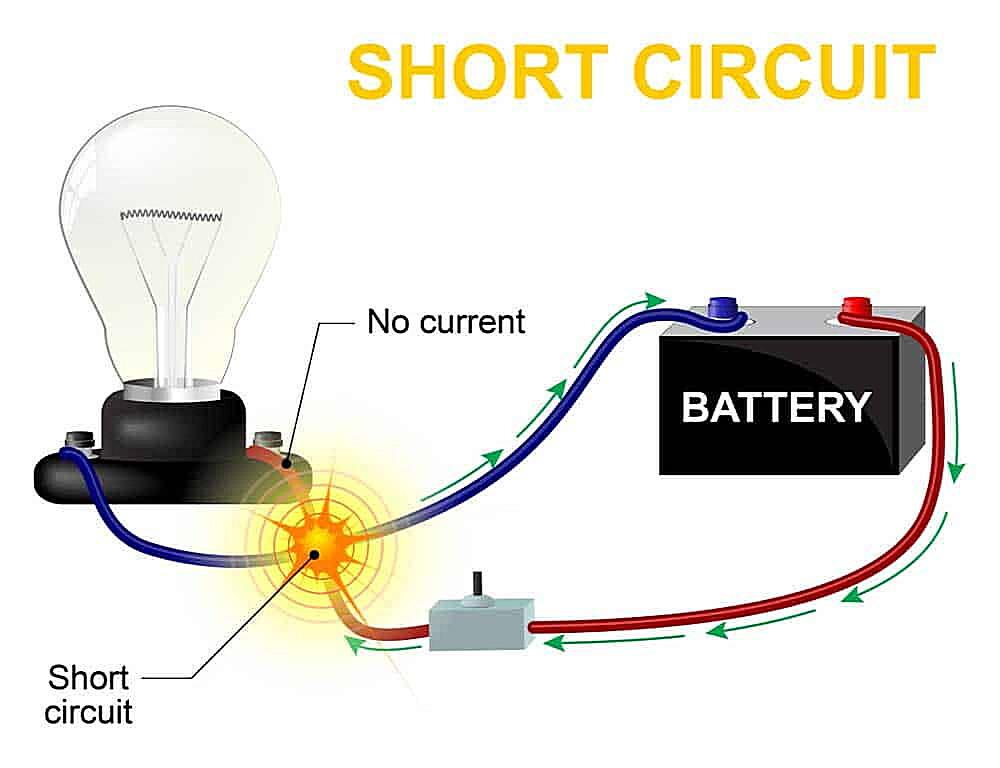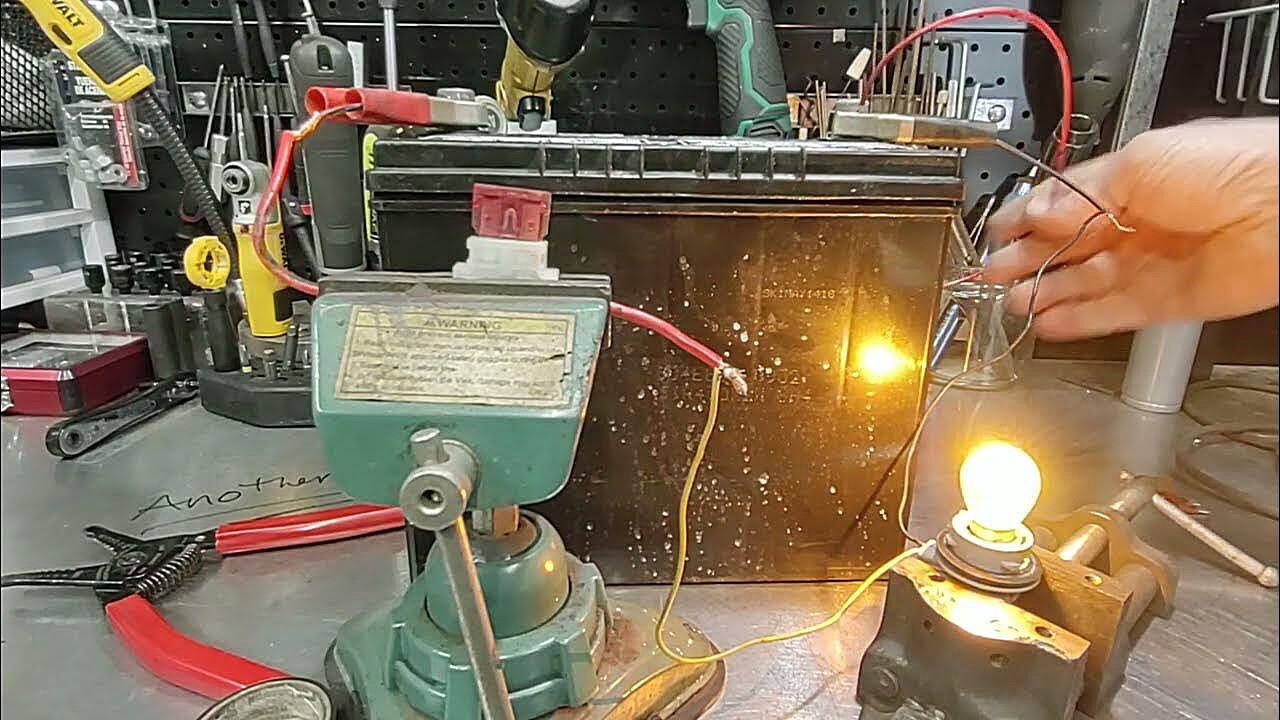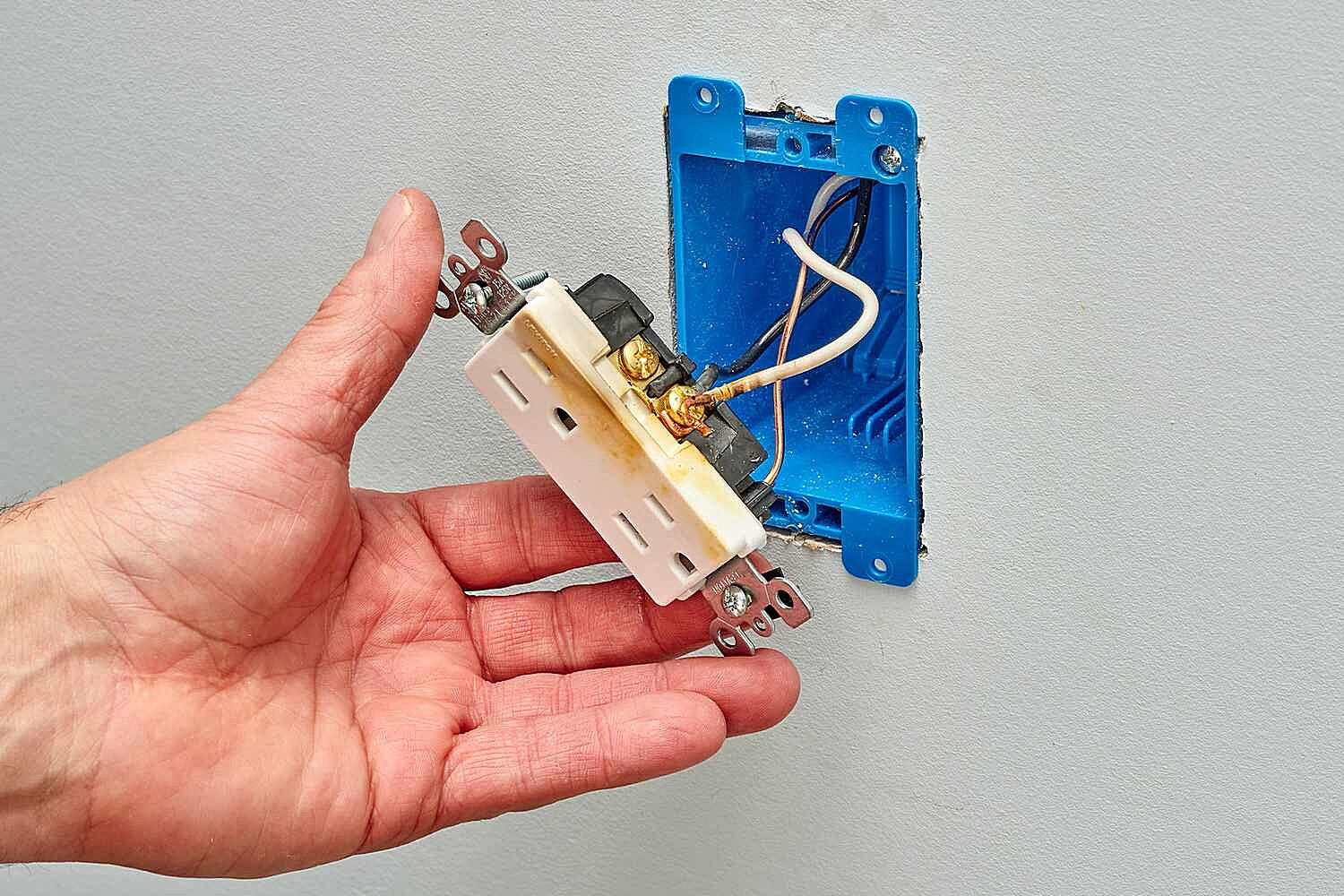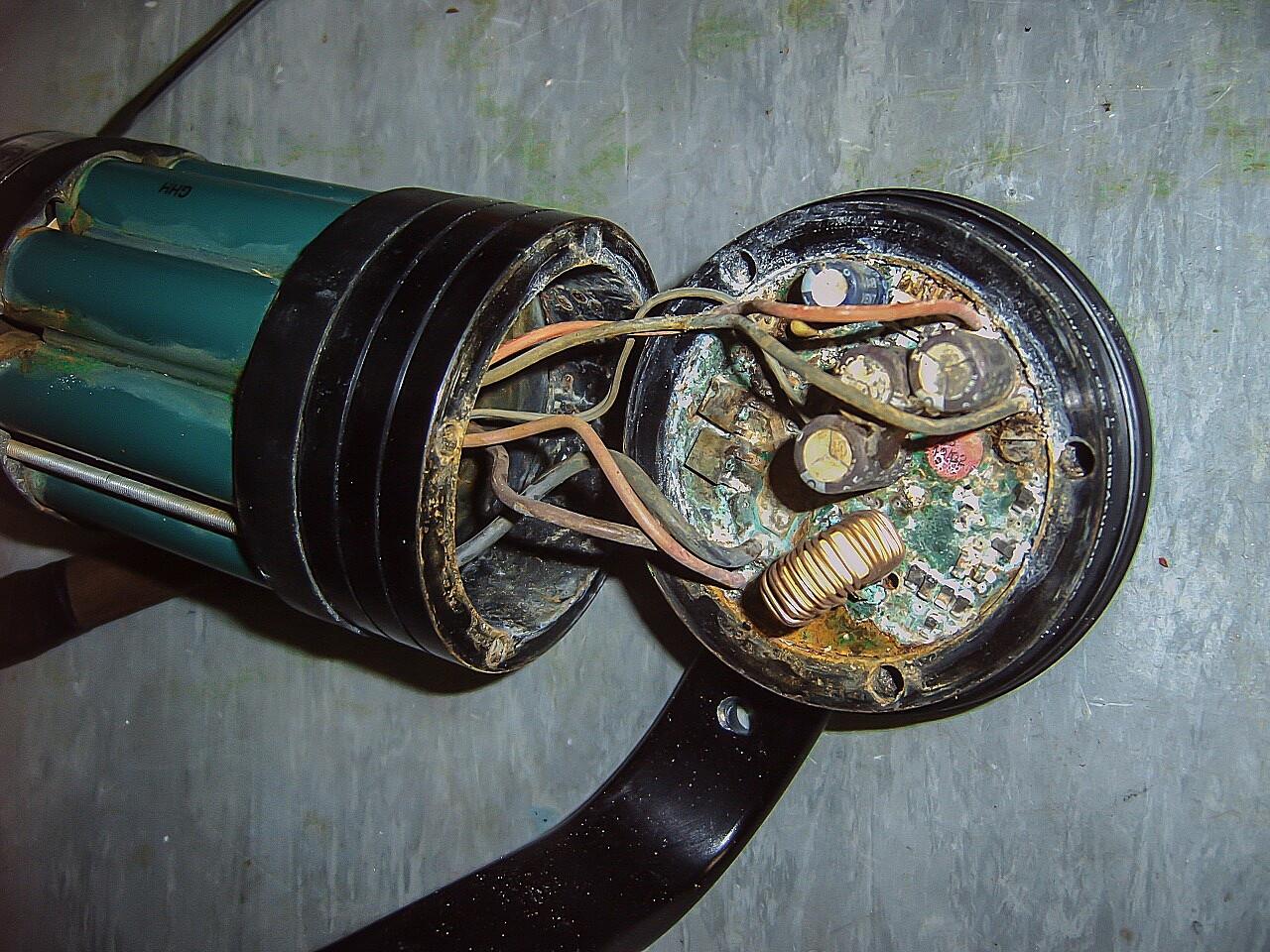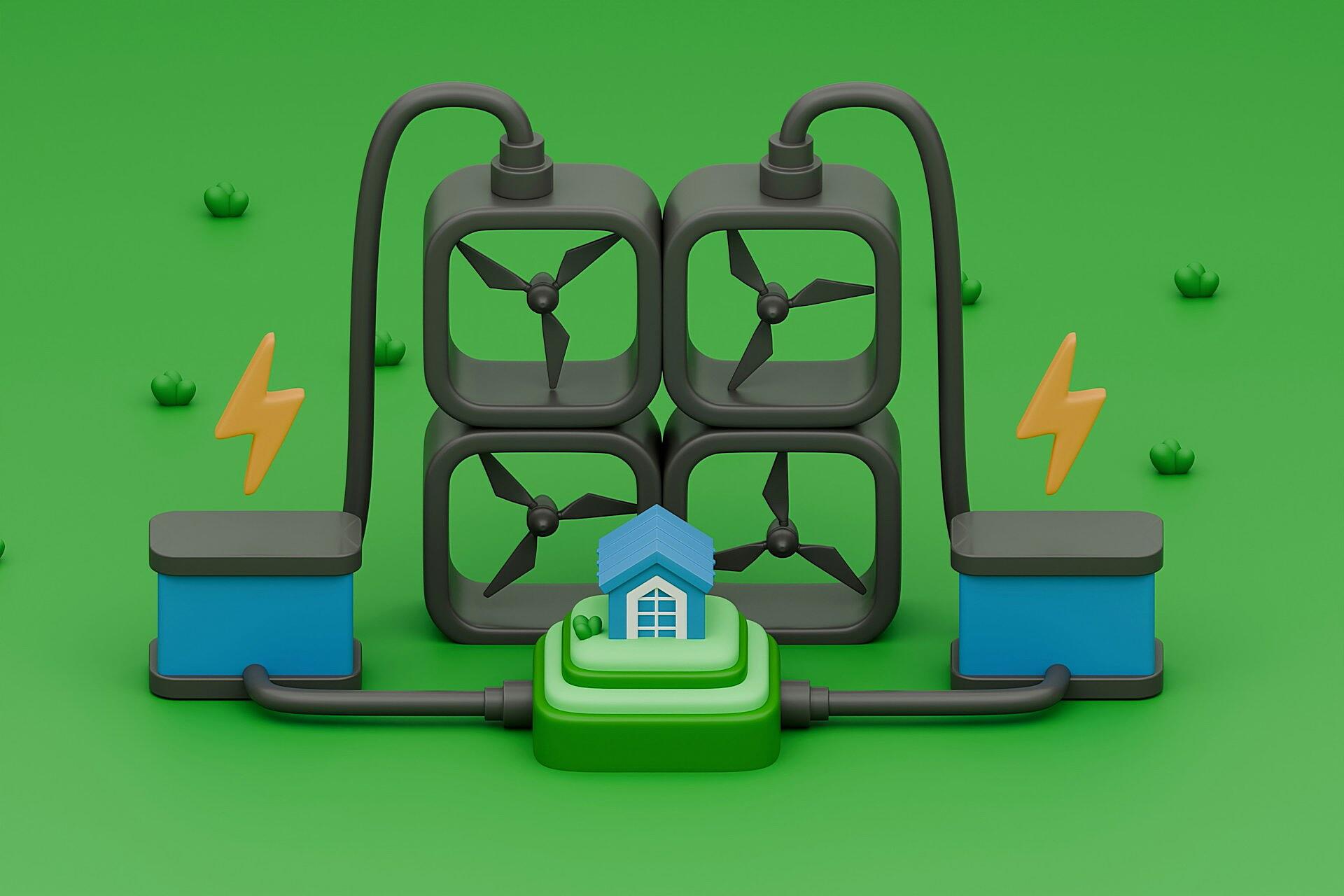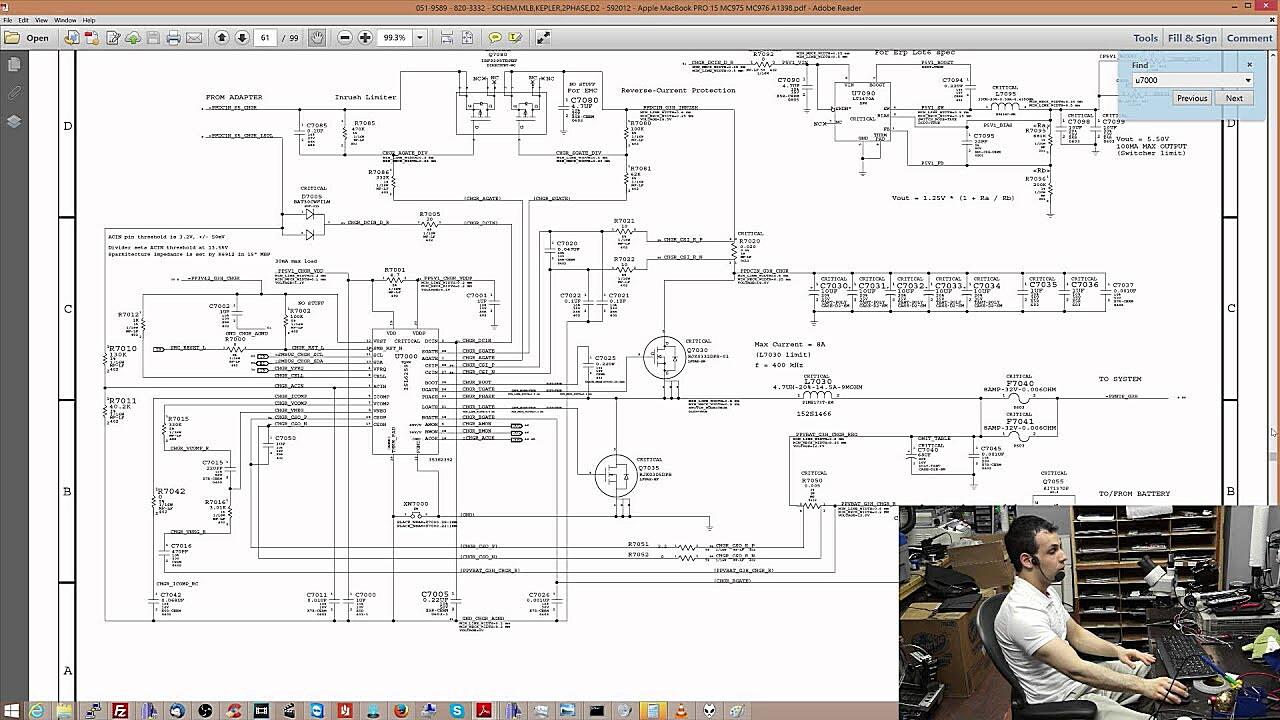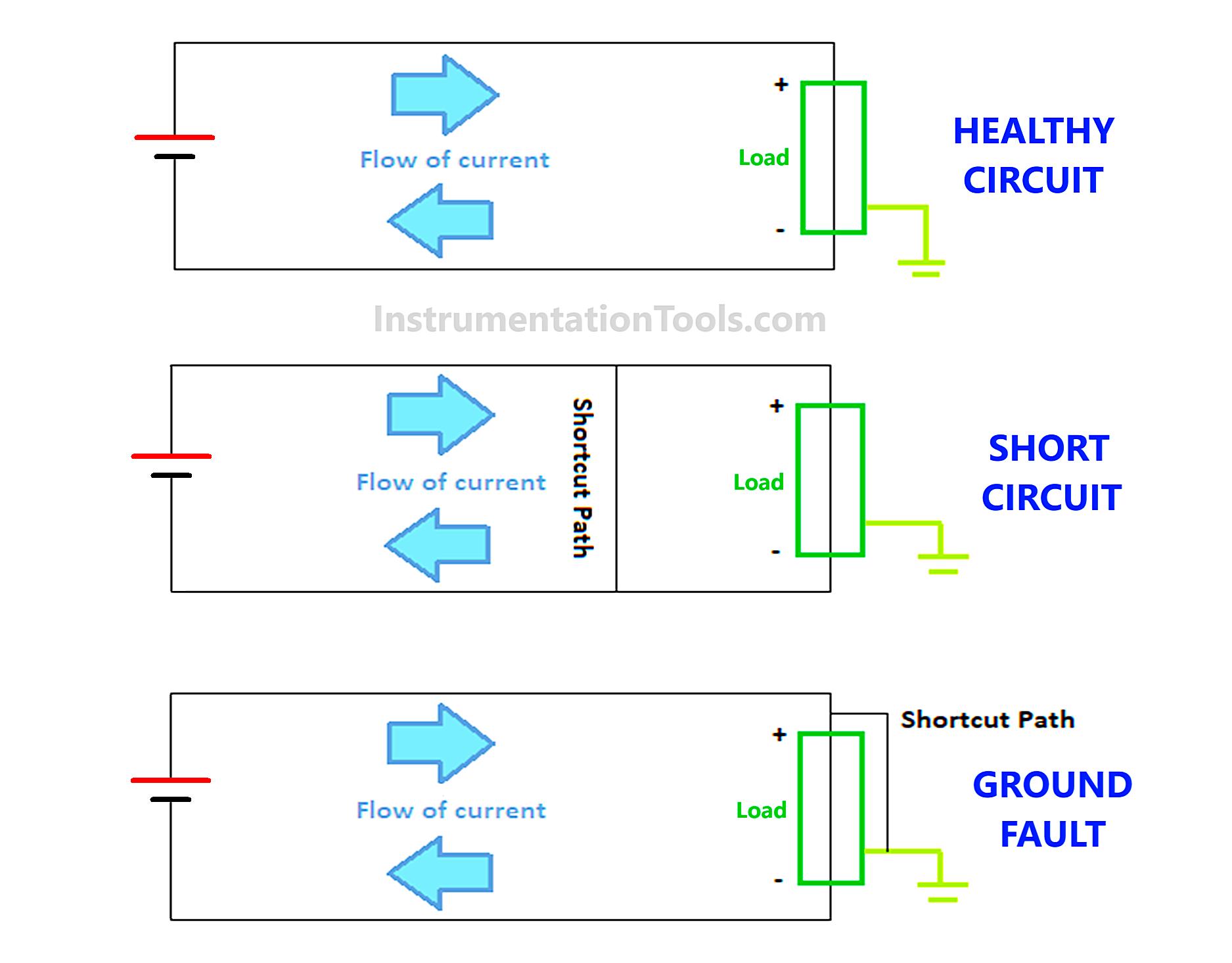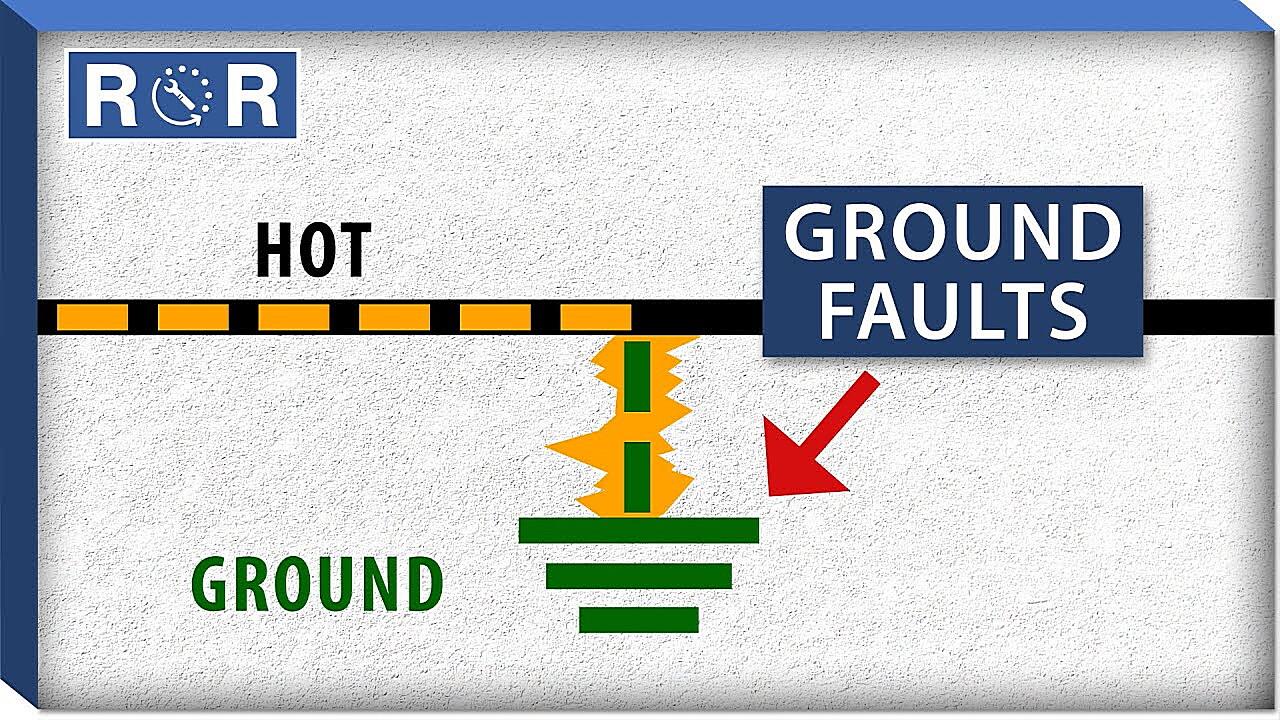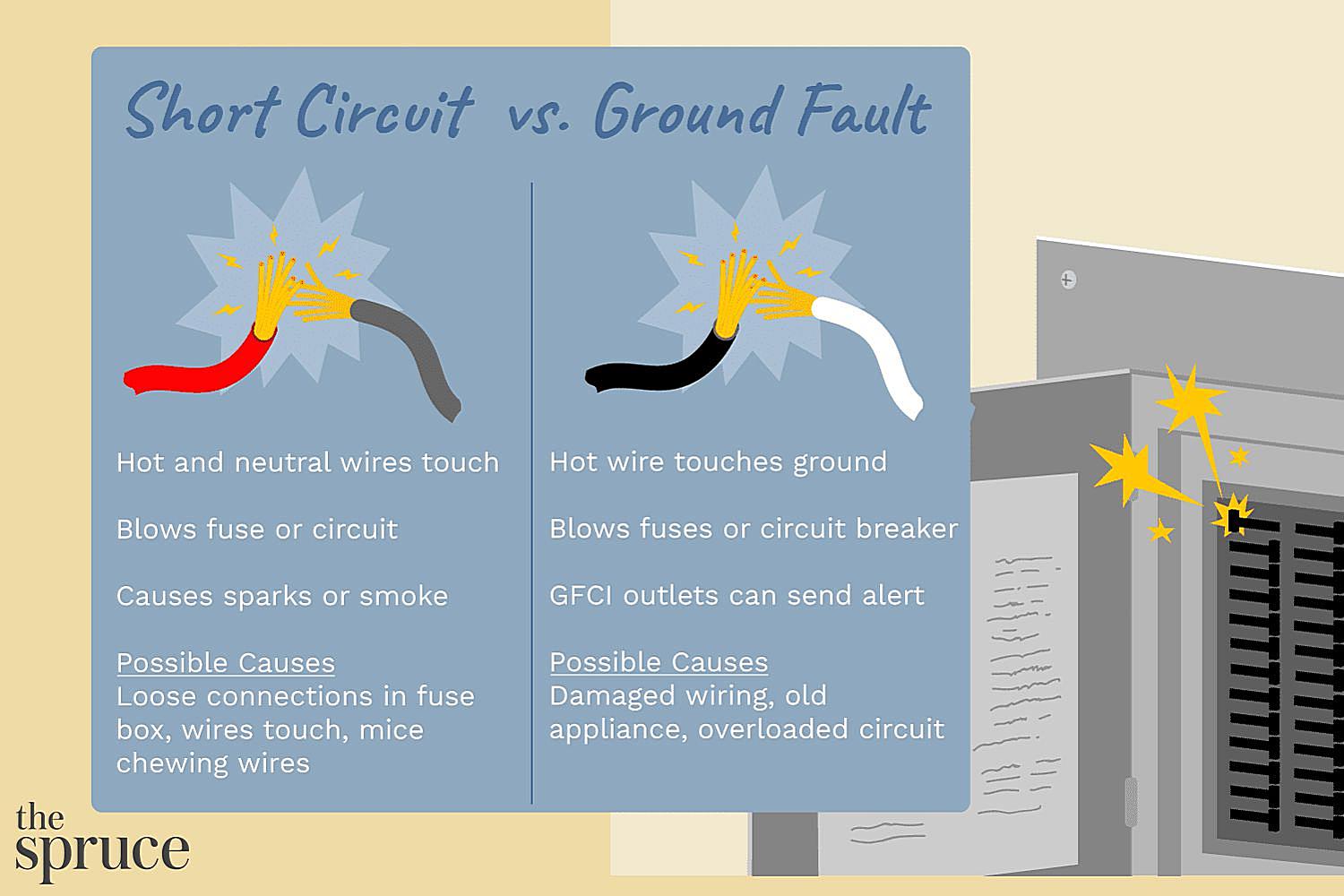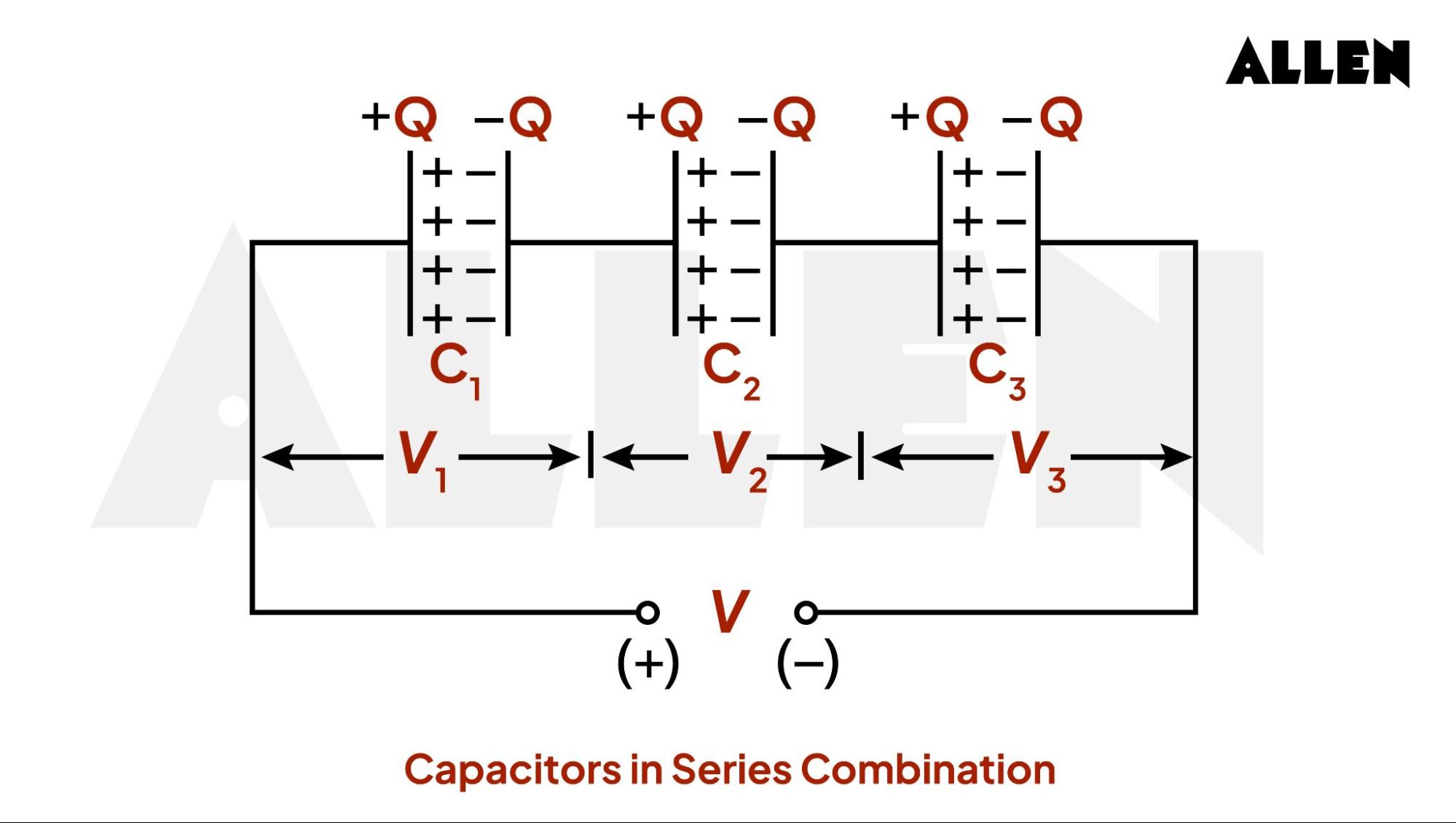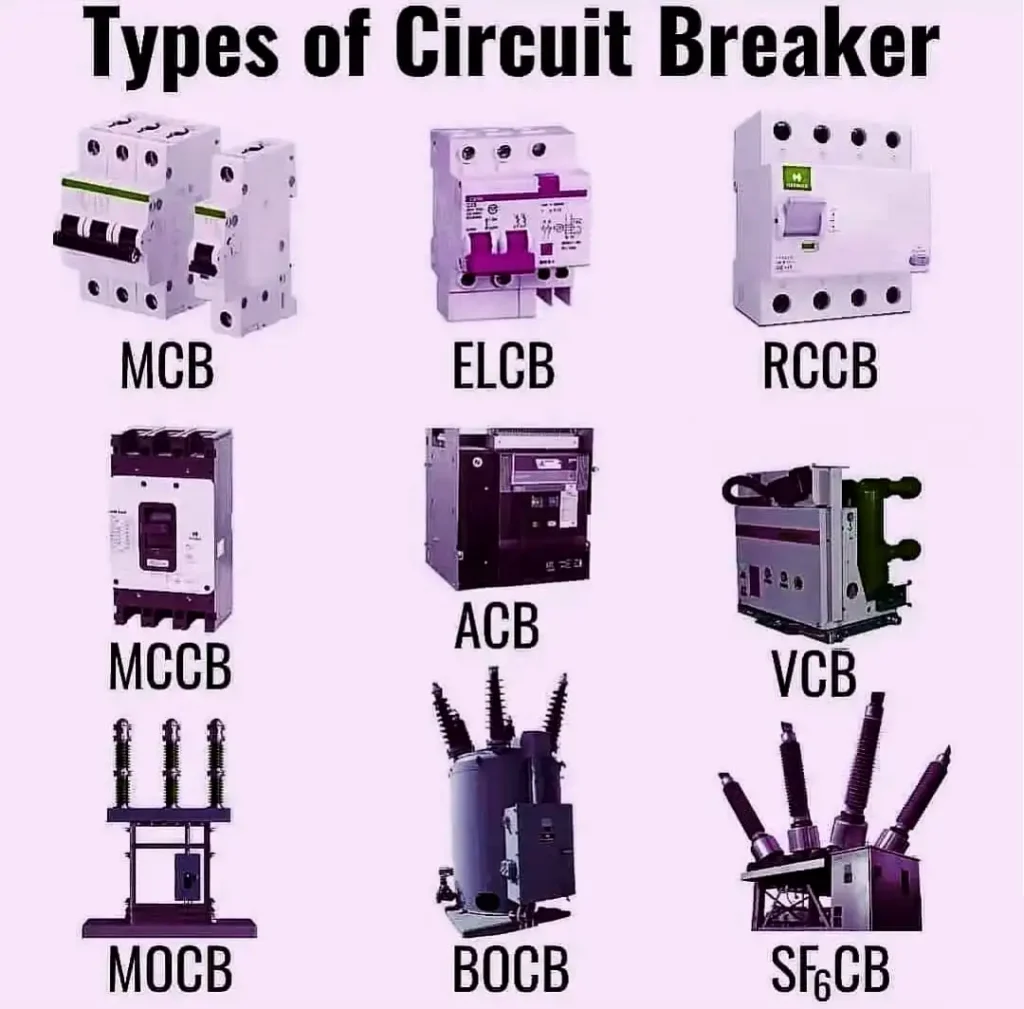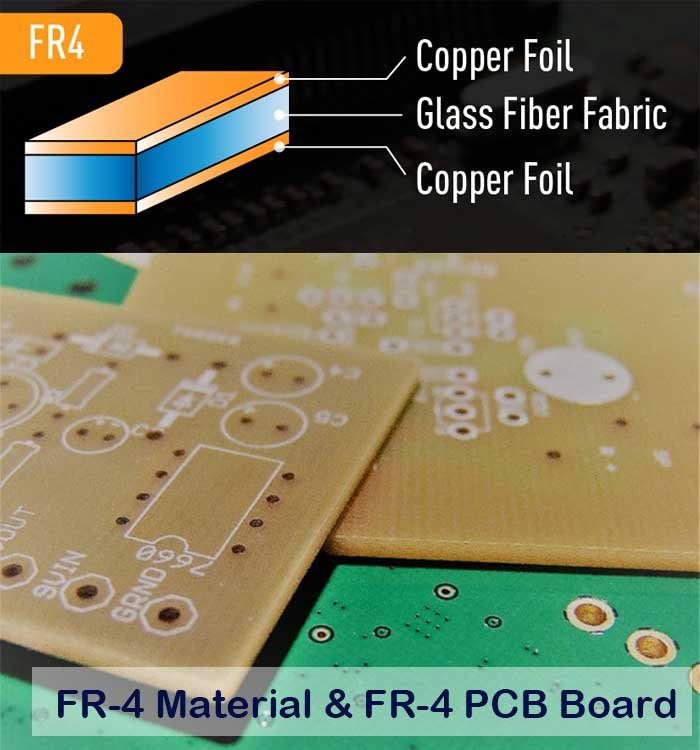Understanding Shorts to Ground
1. What Exactly Is a Short to Ground?
Okay, let’s talk about something that can really make your electrical system throw a tantrum: a short to ground. Imagine electricity, happily flowing along its intended path, suddenly decides to take a shortcut straight to ground. Not good! This usually happens when a wire’s insulation gets damaged, allowing it to make contact with a grounded metal surface.
Think of it like this: you’re driving down a perfectly good road (the wire), and suddenly a massive sinkhole opens up (the damaged insulation), tempting you to drive straight into the earth (ground). Obviously, you’re not supposed to do that! The intended path is now bypassed, and a whole lot of current rushes where it shouldn’t.
The result? A potential fire hazard, a tripped circuit breaker, and a general feeling of electrical unease. We want to avoid all of that. A short to ground is a fault condition that needs immediate attention. Ignoring it can lead to more serious problems, including permanent damage to your electrical system or, in the worst-case scenario, electrical shock or a fire. Consider it an electrical emergency, not just a minor inconvenience.
In essence, a short to ground is like a rebellious teenager defying the rules and taking the path of least resistance — and in this case, that path is definitely NOT the right one. So, how do these shortcuts happen in the first place? Let’s delve into the common culprits.
The Usual Suspects
2. Damaged Wiring
First up on our list of suspects is good ol’ damaged wiring. Age, wear and tear, or even critters (yes, squirrels love to chew on wires!) can compromise the insulation around wires. Once that protective layer is gone, the wire is exposed, and if it touches a grounded surface, BAM! Short to ground. Think of it like a superhero losing their invulnerability shield — suddenly, they’re vulnerable to everything.
Also, think about the environment your wiring lives in. Is it exposed to extreme temperatures, moisture, or corrosive chemicals? These factors can accelerate the degradation of the insulation. Regularly inspect your wiring, especially in areas prone to these conditions. Look for cracks, brittleness, or any visible signs of damage. It’s like giving your electrical system a health checkup!
Another common scenario is physical damage during repairs or installations. Accidentally nicking a wire with a screwdriver or pinching it during cable routing can create a weak spot in the insulation. Always exercise caution when working with electrical components, and double-check your work for any signs of damage before energizing the circuit. It’s better to be safe than sorry, especially when dealing with electricity.
Don’t underestimate the impact of simple vibrations. Over time, vibrations can cause wires to rub against sharp edges, gradually wearing down the insulation. This is especially common in vehicles or machinery. Secure your wiring properly to minimize vibration and prevent this type of wear and tear. Little things like this can prevent big problems down the road.
Moisture Intrusion
3. When Water Becomes a Conductor of Chaos
Water and electricity? Not a good mix, my friends. Moisture intrusion is a major cause of shorts to ground. Water is a surprisingly good conductor of electricity, and if it finds its way into your electrical system, it can create a pathway for current to flow to ground where it shouldn’t. Imagine your electrical system as a meticulously planned city, and water is a sudden, unexpected flood that messes everything up.
Think leaky roofs, condensation, or even spilled liquids. These seemingly harmless sources of moisture can wreak havoc on your wiring and electrical components. Water can seep into junction boxes, outlets, and other enclosures, creating a conductive path between a live wire and a grounded surface. This is especially common in outdoor installations, such as landscape lighting or pool equipment.
Corrosion is another consequence of moisture intrusion. Water can react with the metal components in your electrical system, causing them to corrode and deteriorate. This corrosion can weaken connections, damage insulation, and create a pathway for current to leak to ground. Regularly inspect your electrical system for signs of corrosion, such as rust or green deposits on terminals and connections. Address any corrosion promptly to prevent further damage.
Protecting your electrical system from moisture is crucial. Use weatherproof enclosures and fittings in outdoor applications. Seal any openings or cracks in your wiring and components to prevent water from entering. Consider using a moisture-resistant sealant to protect vulnerable connections. It’s like building a dam to keep the floodwaters at bay and protect your precious electrical city.
Faulty Appliances and Devices
4. When Your Gadgets Betray You
Sometimes, the problem isn’t in your wiring — it’s in your appliances. Faulty appliances and devices can develop internal shorts to ground, which can then trip your circuit breaker or even pose a safety hazard. It’s like having a rogue element in your team, secretly working against you. You’ve got to identify the traitor.
Worn-out cords, damaged internal components, or even manufacturing defects can all lead to a short to ground within an appliance. If you suspect an appliance is causing problems, unplug it immediately and have it inspected by a qualified technician. Don’t try to fix it yourself unless you’re experienced in appliance repair. Electricity is not something to mess around with without proper knowledge.
Consider the age of your appliances. Older appliances are more likely to develop faults due to wear and tear. If you have an appliance that’s seen better days, it might be time to consider replacing it with a newer, more energy-efficient model. It’s like trading in your old, unreliable car for a shiny new one that won’t break down on you every other week.
Regularly inspect your appliances for any signs of damage, such as frayed cords, cracked housings, or unusual smells. If you notice anything suspicious, don’t use the appliance until it’s been checked out. It’s better to be cautious than to risk an electrical shock or a fire. Remember, prevention is always better than cure. That little inspection could save you big time.
Improper Wiring and Installation
5. When Mistakes Come Back to Haunt You
Improper wiring and installation are a surefire way to invite shorts to ground into your life. If wiring isn’t done correctly, it can create all sorts of problems, including exposed wires, loose connections, and incorrect grounding. It’s like building a house on a shaky foundation — it’s only a matter of time before things start to crumble.
DIY electrical work can be tempting, but unless you’re a qualified electrician, it’s best to leave it to the professionals. Electrical codes and regulations are in place for a reason, and following them is crucial for ensuring the safety and reliability of your electrical system. Trying to save a few bucks by doing it yourself could end up costing you much more in the long run.
Even seemingly minor mistakes, such as using the wrong type of wire or failing to properly tighten connections, can lead to a short to ground. Loose connections can create resistance, which generates heat and can damage insulation over time. Incorrect grounding can leave your appliances and devices vulnerable to electrical surges, which can also cause damage.
Always hire a licensed electrician for any electrical work that you’re not qualified to do yourself. A qualified electrician will have the knowledge, skills, and experience to ensure that your wiring is done correctly and safely. They will also be familiar with local electrical codes and regulations. It’s an investment in your safety and peace of mind.
FAQ
6. Q
A: Common signs include tripped circuit breakers or blown fuses, especially if they happen frequently. You might also notice a burning smell or see sparks coming from an outlet or appliance. A GFCI (Ground Fault Circuit Interrupter) outlet tripping is another telltale sign.
7. Q
A: Absolutely! Shorts to ground can cause electrical shocks, fires, and damage to your electrical system. It’s essential to address them immediately to prevent serious injury or property damage.
8. Q
A: It depends. If you’re comfortable working with electricity and understand the risks involved, you might be able to troubleshoot and fix simple problems, such as replacing a faulty appliance. However, for more complex issues, it’s always best to call a qualified electrician.
9. Q
A: The keyword term used in this article is “short to ground”. It is a noun phrase.
